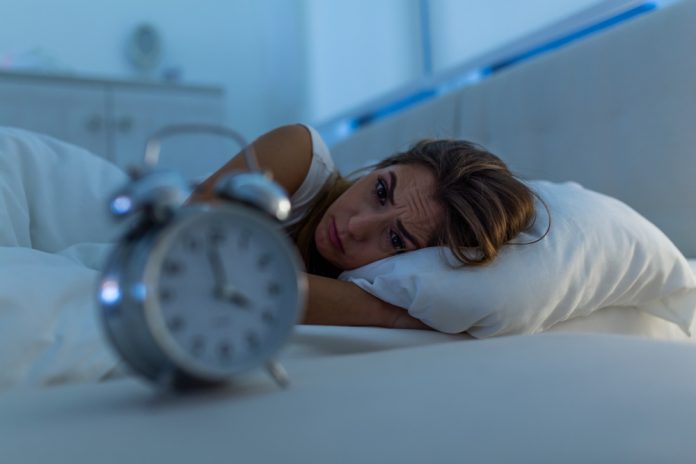Insomnia, the difficulty of getting to sleep, staying asleep or having non-restorative sleep, affects more than 33 per cent of Australians.
Lack of sleep has more effects than just making you feel tired the next day.
Research indicates that routinely getting less than six hours sleep can lead to higher vulnerability to viral infections and reduced antibody concentration after vaccinations, which occurring during a viral pandemic is obviously of significance.
Seven to eight hours are recommended.
Lack of sleep can also result in increased production of pro-inflammatory cytokines, related to interrupting the immune function.
Help keep independent and fair Sunshine Coast news coming by subscribing to our free daily news feed. All it requires is your name and email. See SUBSCRIBE at the top of this article
Correlation exists between disruption of sleep and increased susceptibility to infections and death.
Sleep loss is also linked to increased risk of developing obesity, diabetes, cardiovascular disease, cancer, depression, substance abuse and dementia.
Treatments for insomnia include good sleep hygiene – regular hours, light exercise an hour before retiring, avoidance of electronic screens for the hour before sleep – no phones, laptops, tablets or television before retiring.
Also avoid caffeinated drinks (coffee, tea, soft drinks) before retiring but consider a light snack – say a biscuit and a small glass of milk before bed.
If sleep still eludes you there are pharmacological approaches, with the most common being prescribed sleeping tablets which, however, may be habit forming.
Other options include over-the-counter preparations often containing a sedating anti-histamine.
These products are only of benefit for short-term treatment, as tolerance usually rapidly develops.
There is little positive scientific support for herbal remedies such as valerian, though some people find it helpful. There is even less support for homeopathic remedies such as homeopathic melatonin.
Melatonin is safe, and is a hormone produced in the pineal gland in the brain that helps regulate sleep patterns.
Effective products are available on prescription but will probably become available from a pharmacist later this year.
It is recommended for patients over 55 years of age (largely ineffective in younger people), as that is when people stop producing their own melatonin and is indicated for short term use.
The product will be a sustained release preparation of up to 2mg. For more information speak to your doctor or pharmacist.
Warren Blee OAM is an Accredited Consultant Pharmacist





